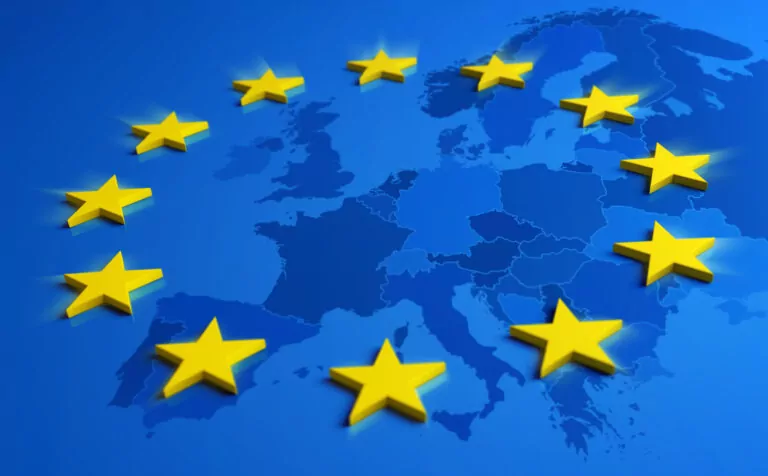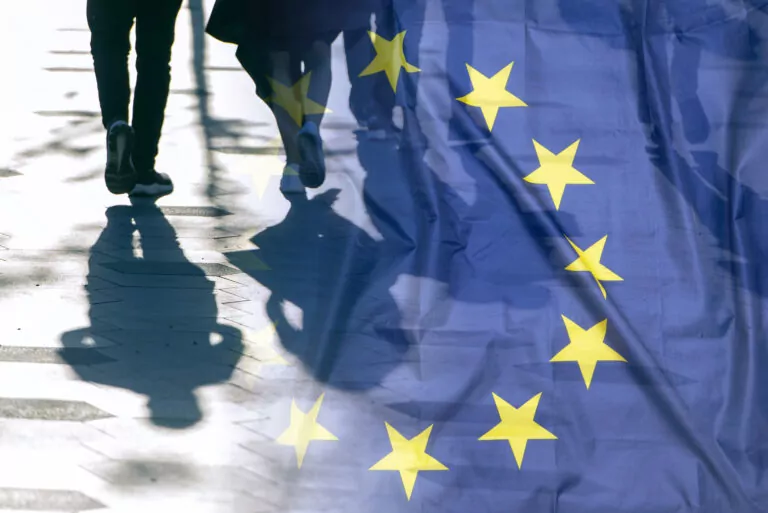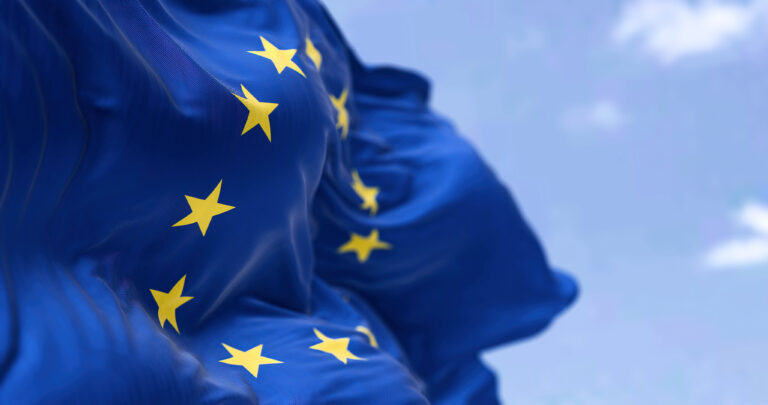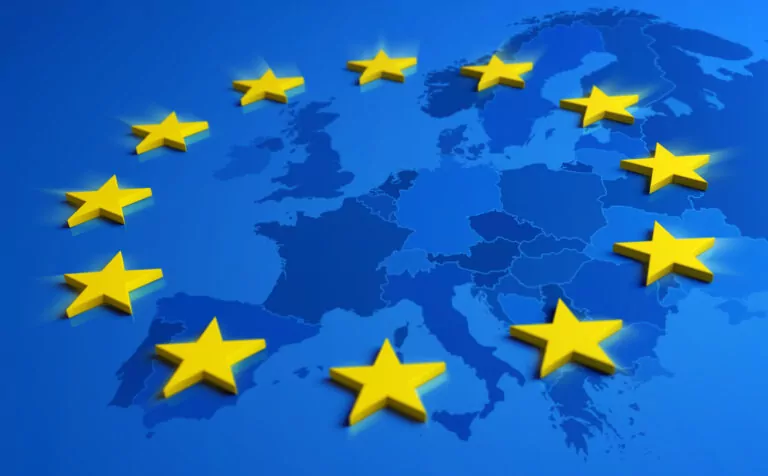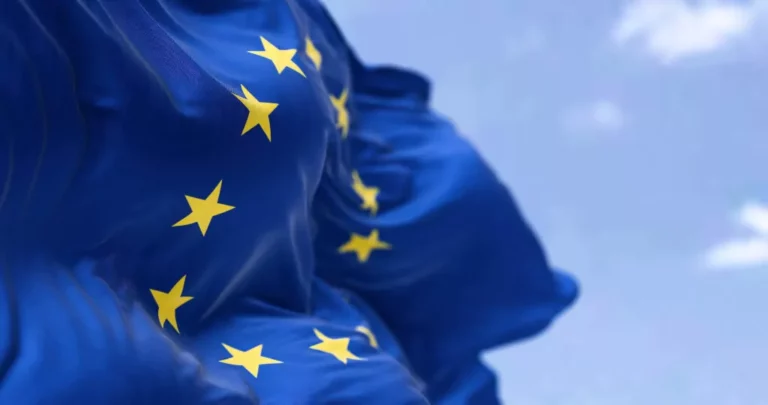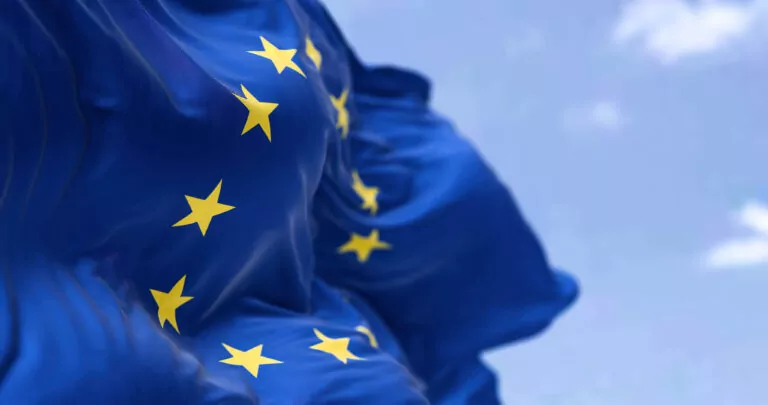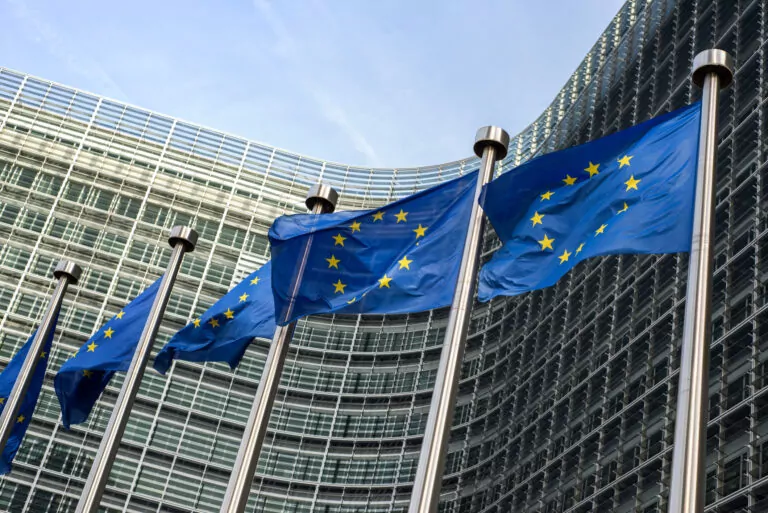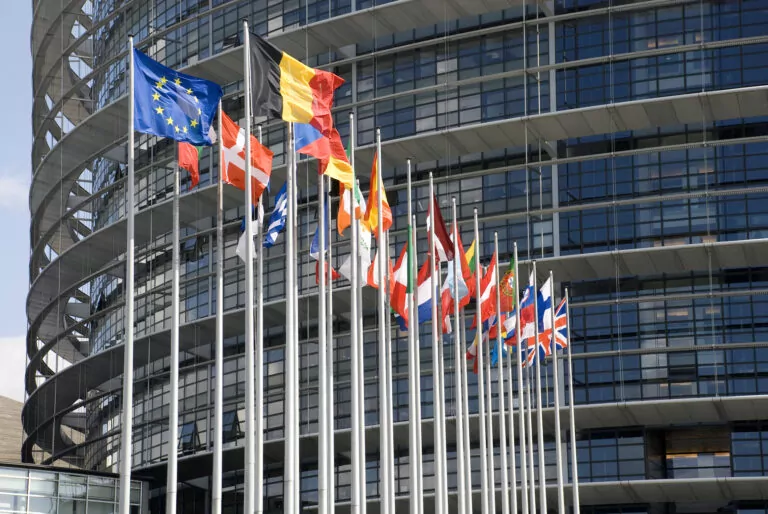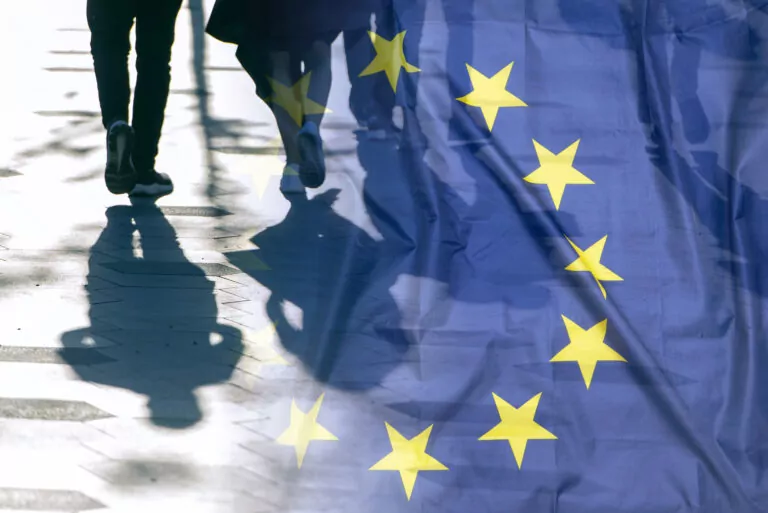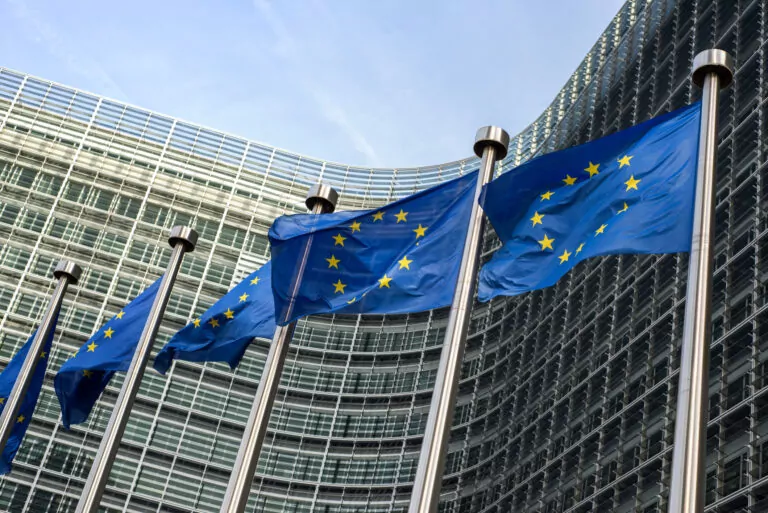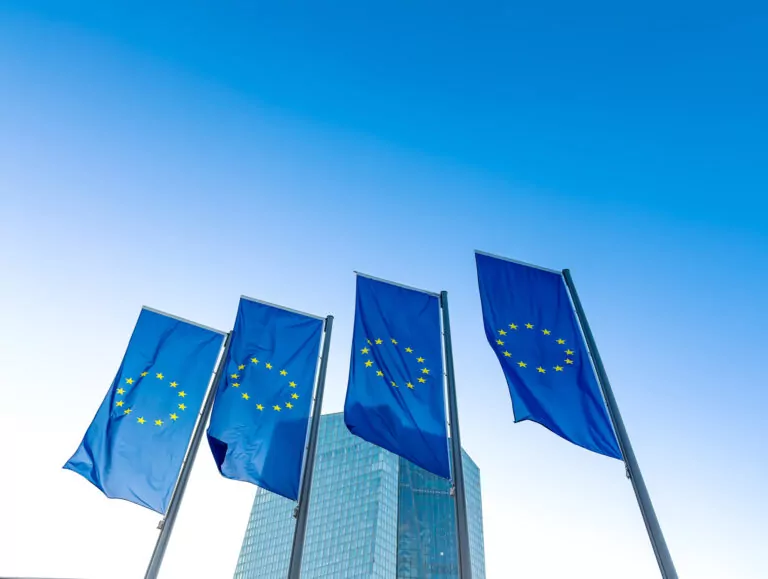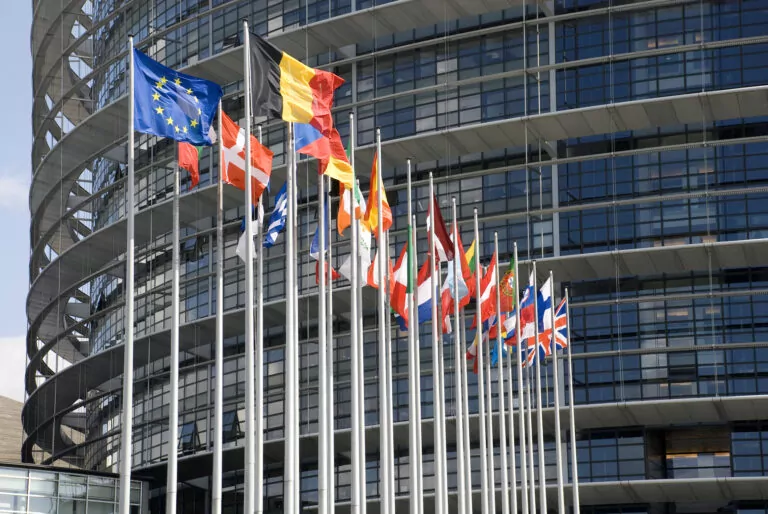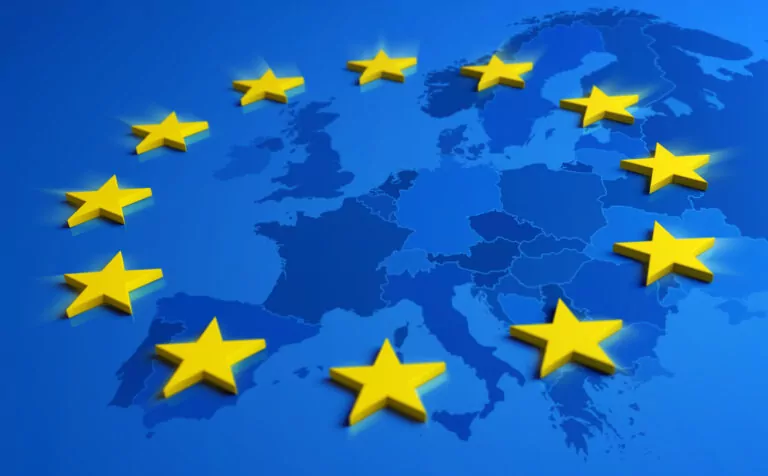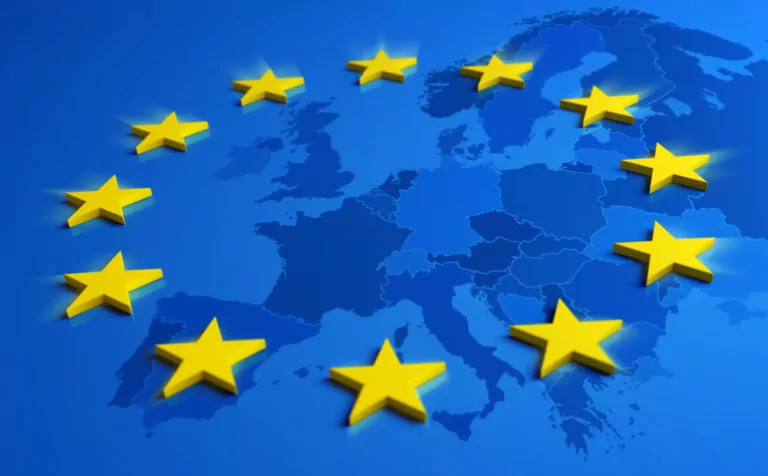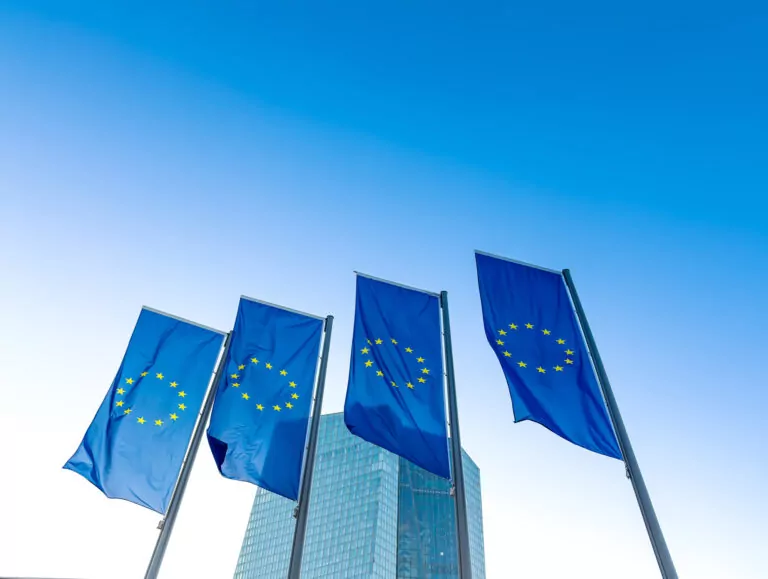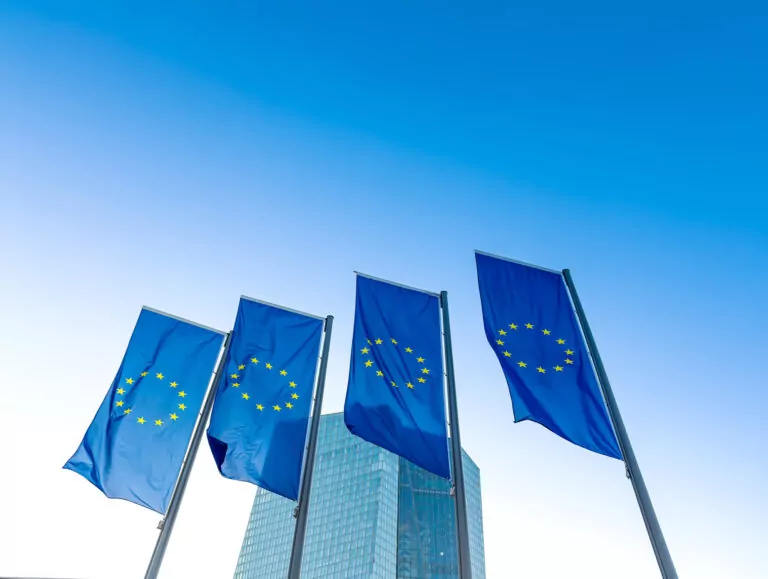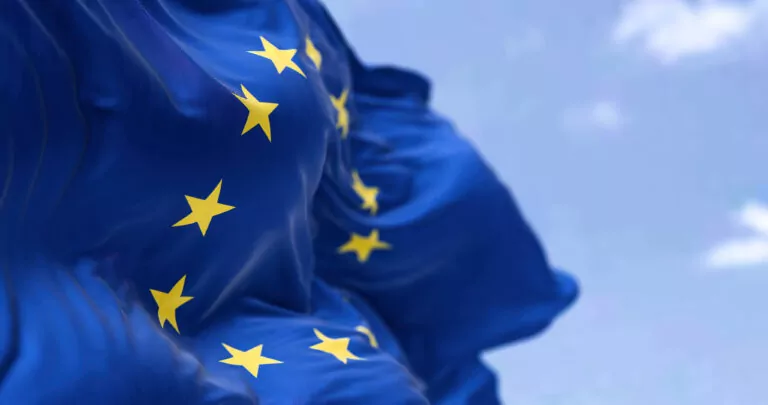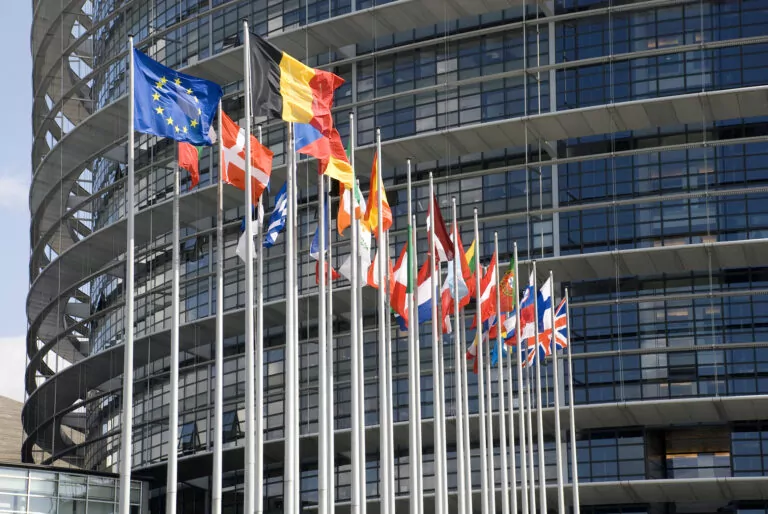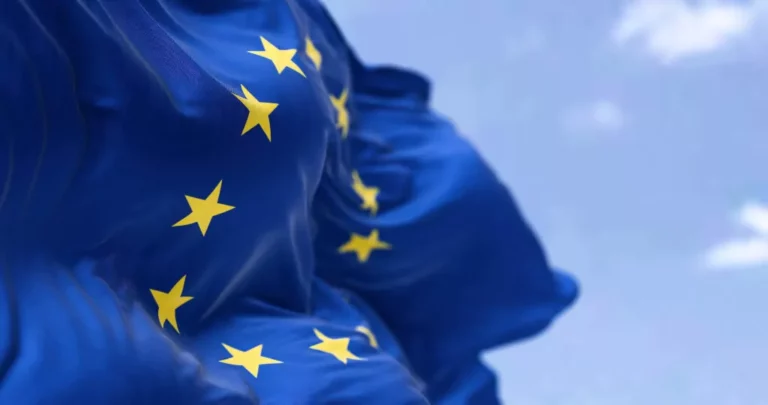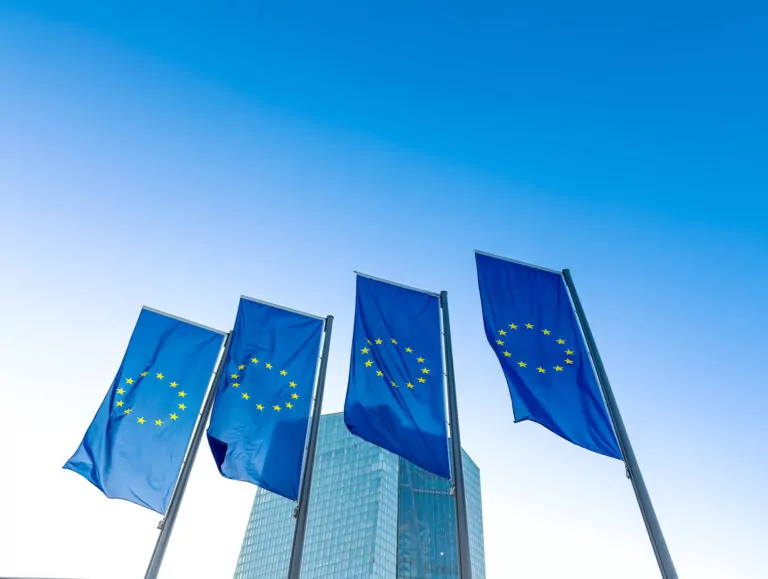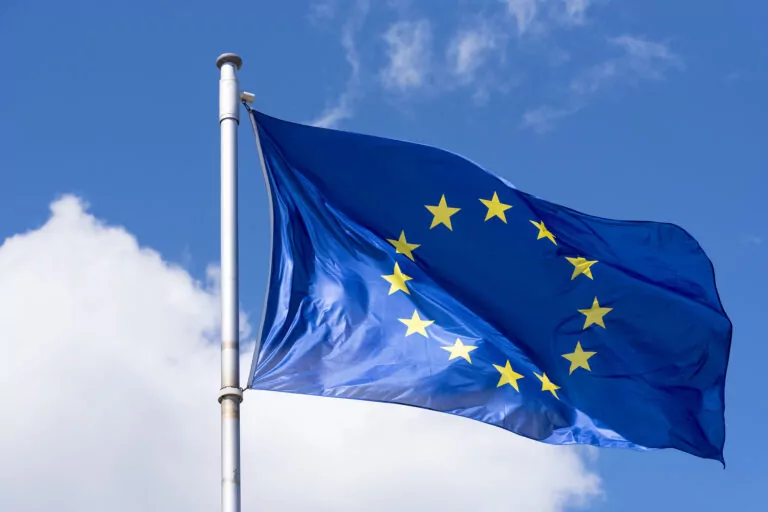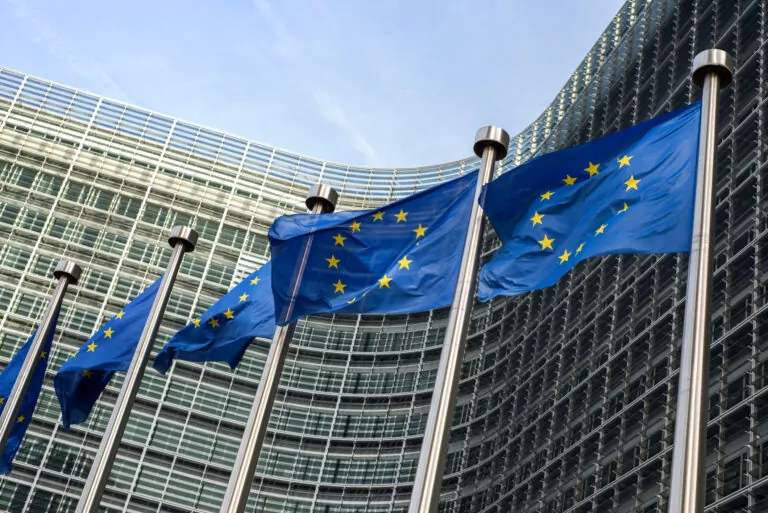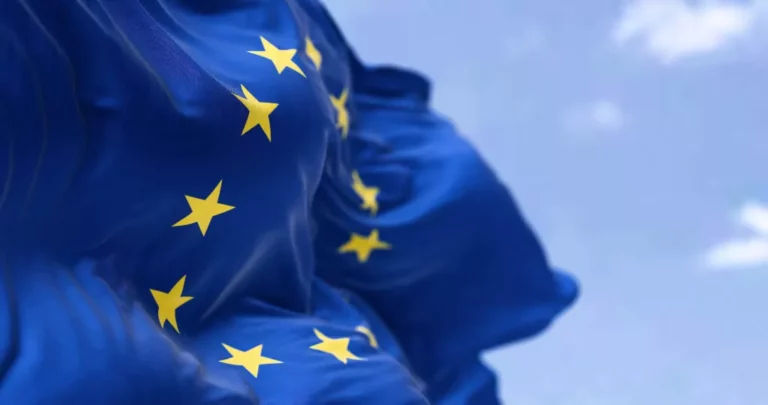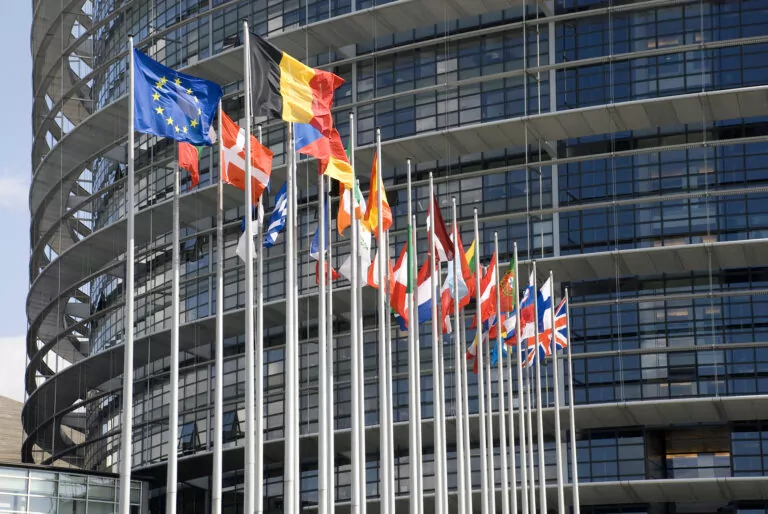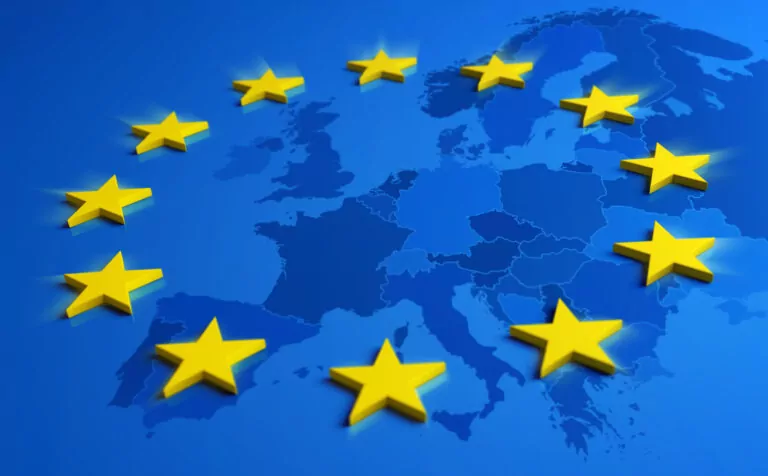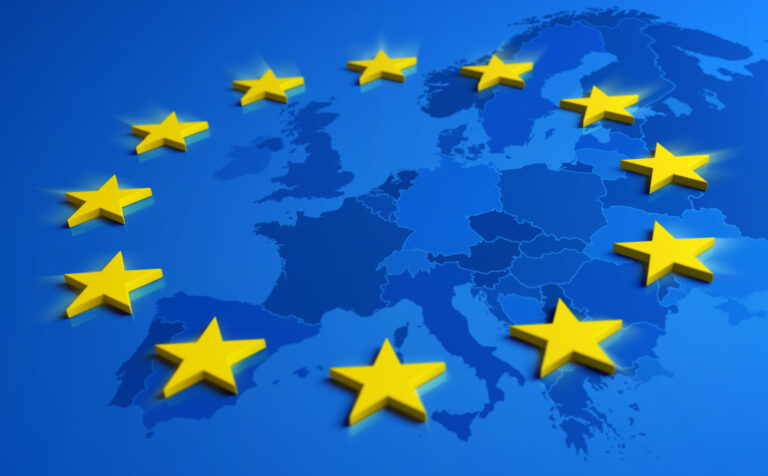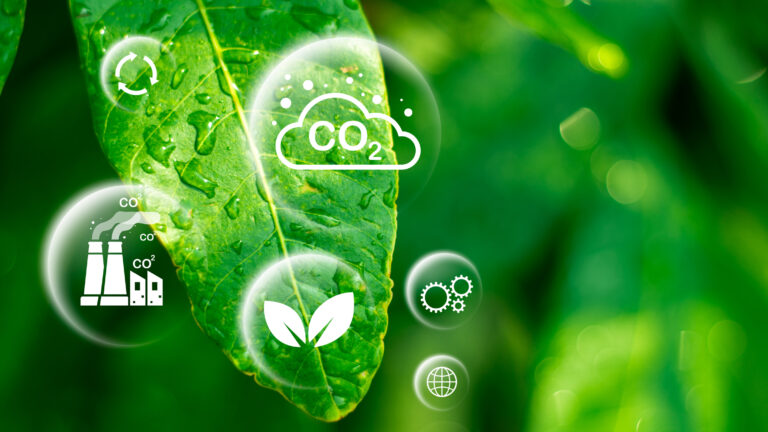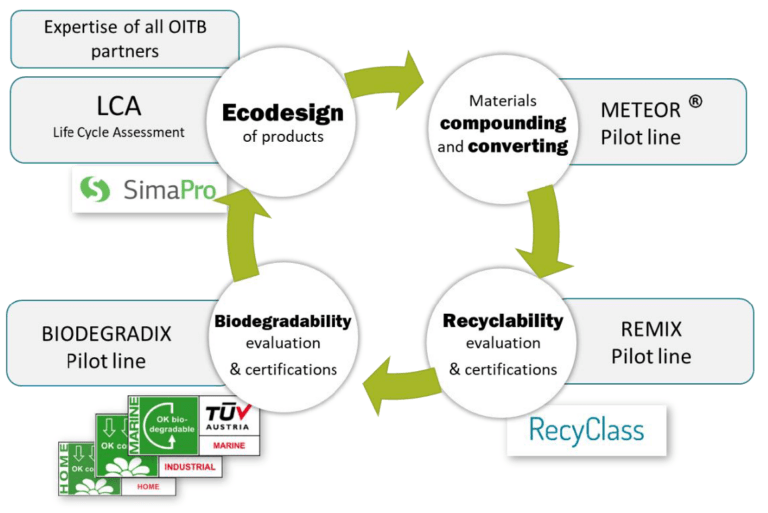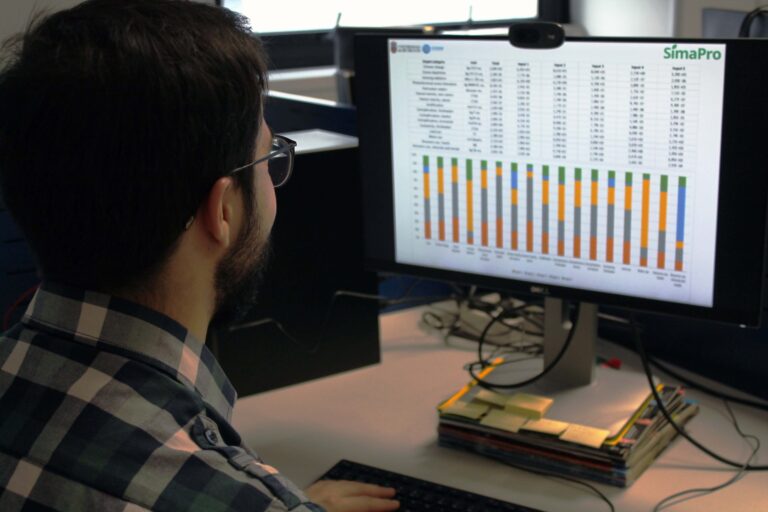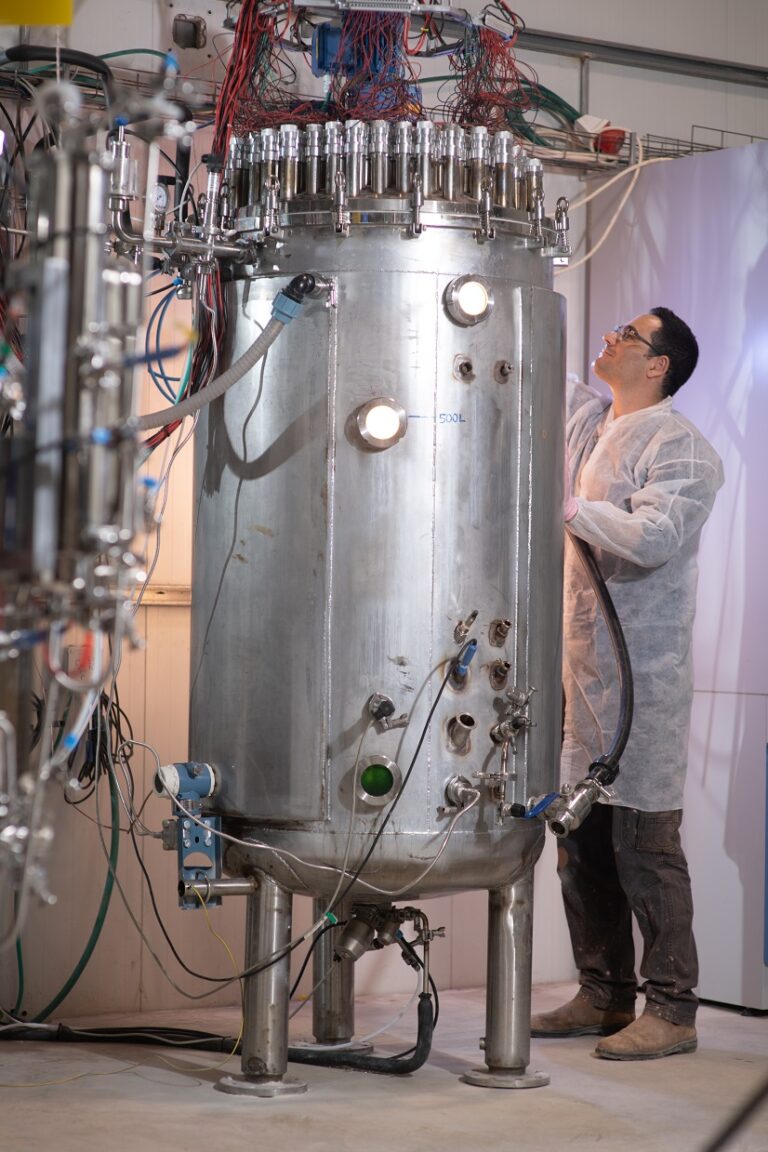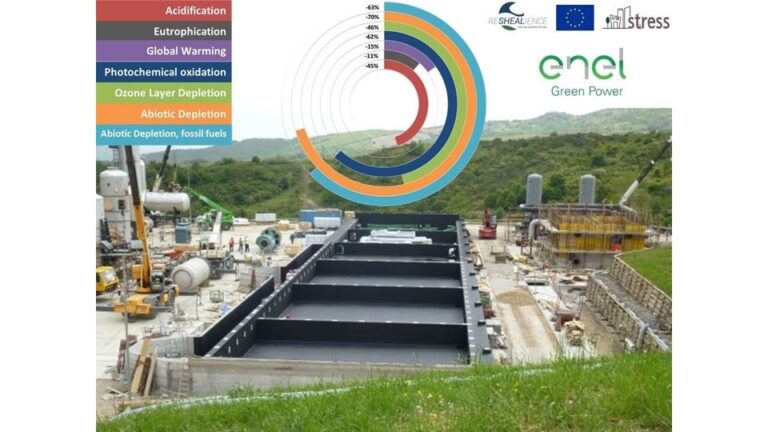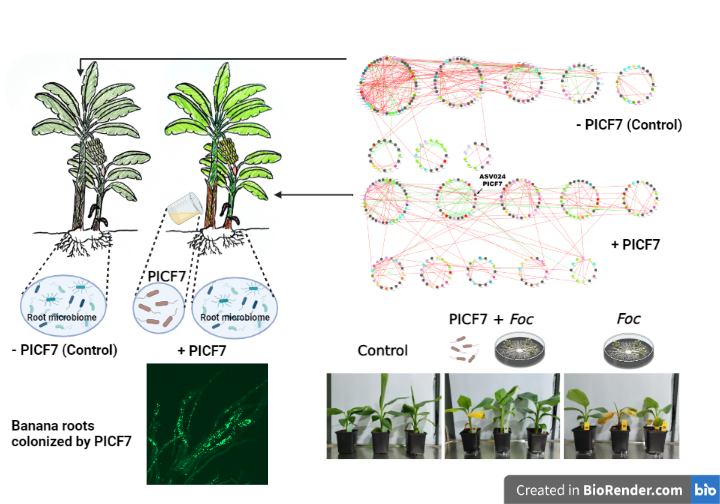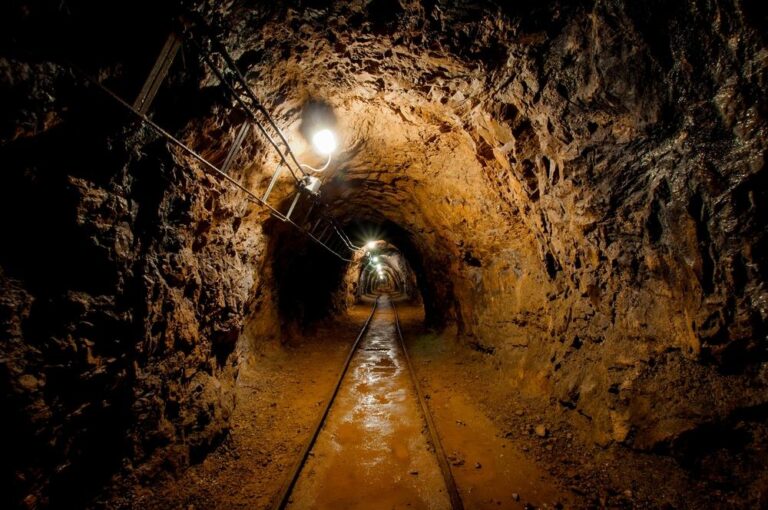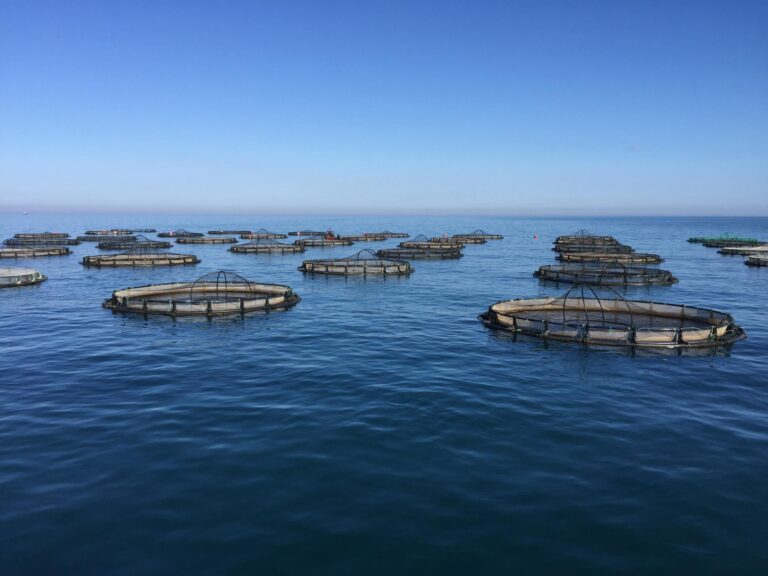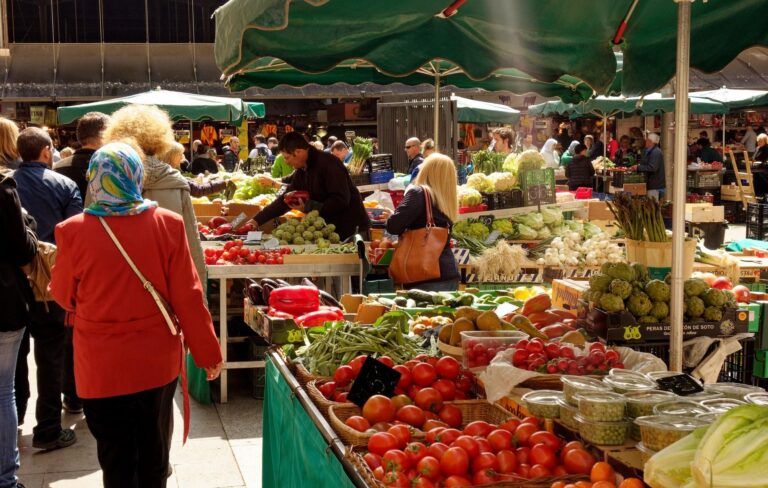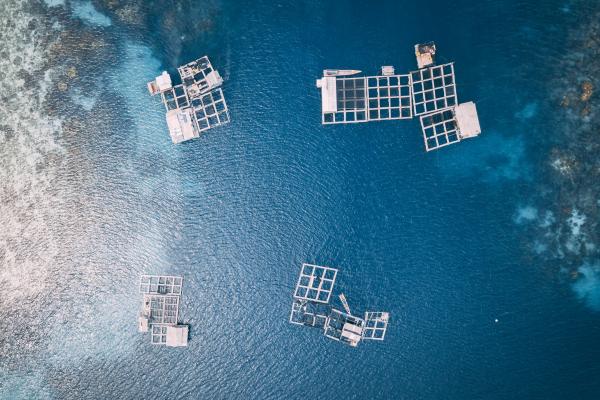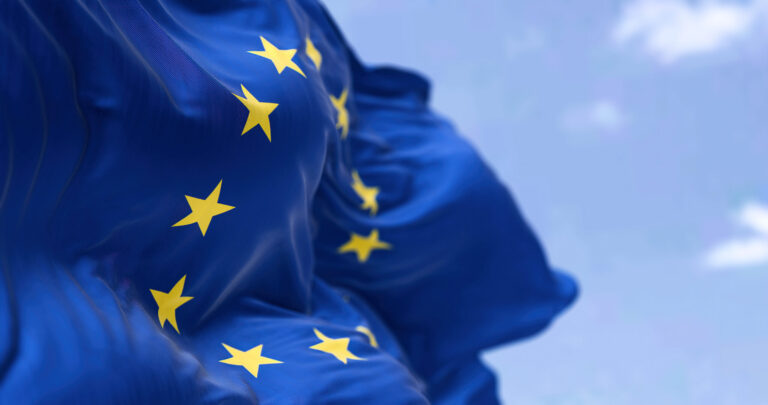Add to favorites:
Share:
In the frame of the EU’s farm to fork strategy, the EU strategic guidelines for sustainable aquaculture for the period 2021 to 2030, the EU algae initiative and the food 2030 R&I policy framework, successful proposals will contribute to the impact of this Destination on sustainable fisheries and aquaculture.
Project results are expected to contribute to all of the following expected outcomes:
- consumers have access to a variety of edible aquatic species produced in the EU and in Horizon Europe Associated Countries[1];
- aquaculture industry has access to new and improved technologies to enhance the competitiveness and profitability of the sector;
- reduced environmental impact of the sector, becoming resilient and climate-adaptive and contributing to climate change mitigation;
- increased information available to consumers to enhance their literacy in relation to the nutritional and environmental benefits of food produced in aquatic ecosystems;
- economic growth and creation of jobs in coastal and rural areas.
Aquaculture is booming globally but in the EU is almost stagnating. The “Strategic Guidelines for a more sustainable and competitive EU aquaculture for the period 2021 to 2030” (COM(2021)236 final) identify diversification as a key area for further work in conjunction with supporting the farming of existing species. The guidelines underline that the EU aquaculture sector has great scope for further diversification, not only in the farming of promising new species (notably diversification into non-fed and low-trophic species with a lower environmental footprint), but also in production methods such as integrated multi-trophic aquaculture (IMTA) and organic aquaculture. The guidelines therefore promote the development of IMTA, organic aquaculture and the diversification to lower-trophic species alongside supporting the existing production of finfish and shellfish species.
Algae and shellfish have a huge market potential but are not always well-known to the consumers. EU imports more than 60% of the seafood consumed, with algae imports alone worth 0,5 billion EUR.
The scope of this topic includes all possible edible aquatic organisms with preference for low-trophic species which, in the frame of this topic, are photosynthetic or herbivorous or un-fed species. There is also preference for fish farming that relies on feed ingredients low in fish meal and oil and/or produced in the region where the farm is situated or in neighbouring to the farm regions, as well as feed ingredients derived from circular practices, such as, the use of wastes or by-products.
Aspects of sustainability, including circularity and zero waste, in particular in relation to the achievement of good environmental status, should also be addressed following a life cycle approach and potentially applying Environmental Footprint methods as described in Recommendation (EU) 2021/2279. Issues of fair pricing as well as regional particularities should also be addressed. Research could include aspects of feeding, breeding but also health and welfare issues as well as economic issues and issues of consumers’ acceptance. Regulatory aspects and legal barriers regarding the approval of novel feed ingredients or the licencing of new aquaculture farms should also be considered. Collaboration with European research infrastructures such as EMBRC ERIC and with accredited laboratories is encouraged.
Proposals should take into account, when applicable, the work done under the DIVERSIFY[2] FP7 project, the Horizon 2020 AquaVitae and ASTRAL projects as well as the IMPRESS, NOVAFOODIES, INNOAQUA, ULTFARMS, OLAMUR, AlgaePro BANOS, LOCALITY, VeriFish, Mr.Goodfish3.0 and EUAqua.Org Horizon Europe projects and relevant national and regional projects.
This topic should involve the effective contribution of Social Sciences and Humanities (SSH) disciplines. International cooperation is encouraged for win-win outcomes and mutual benefits.
[1] https://ec.europa.eu/info/funding-tenders/opportunities/docs/2021-2027/common/guidance/list-3rd-country-participation_horizon-euratom_en.pdf
[2] https://cordis.europa.eu/project/id/603121
Expected Outcome
In the frame of the EU’s farm to fork strategy, the EU strategic guidelines for sustainable aquaculture for the period 2021 to 2030, the EU algae initiative and the food 2030 R&I policy framework, successful proposals will contribute to the impact of this Destination on sustainable fisheries and aquaculture.
Project results are expected to contribute to all of the following expected outcomes:
- consumers have access to a variety of edible aquatic species produced in the EU and in Horizon Europe Associated Countries[1];
- aquaculture industry has access to new and improved technologies to enhance the competitiveness and profitability of the sector;
- reduced environmental impact of the sector, becoming resilient and climate-adaptive and contributing to climate change mitigation;
- increased information available to consumers to enhance their literacy in relation to the nutritional and environmental benefits of food produced in aquatic ecosystems;
- economic growth and creation of jobs in coastal and rural areas.
Scope
Aquaculture is booming globally but in the EU is almost stagnating. The “Strategic Guidelines for a more sustainable and competitive EU aquaculture for the period 2021 to 2030” (COM(2021)236 final) identify diversification as a key area for further work in conjunction with supporting the farming of existing species. The guidelines underline that the EU aquaculture sector has great scope for further diversification, not only in the farming of promising new species (notably diversification into non-fed and low-trophic species with a lower environmental footprint), but also in production methods such as integrated multi-trophic aquaculture (IMTA) and organic aquaculture. The guidelines therefore promote the development of IMTA, organic aquaculture and the diversification to lower-trophic species alongside supporting the existing production of finfish and shellfish species.
Algae and shellfish have a huge market potential but are not always well-known to the consumers. EU imports more than 60% of the seafood consumed, with algae imports alone worth 0,5 billion EUR.
The scope of this topic includes all possible edible aquatic organisms with preference for low-trophic species which, in the frame of this topic, are photosynthetic or herbivorous or un-fed species. There is also preference for fish farming that relies on feed ingredients low in fish meal and oil and/or produced in the region where the farm is situated or in neighbouring to the farm regions, as well as feed ingredients derived from circular practices, such as, the use of wastes or by-products.
Aspects of sustainability, including circularity and zero waste, in particular in relation to the achievement of good environmental status, should also be addressed following a life cycle approach and potentially applying Environmental Footprint methods as described in Recommendation (EU) 2021/2279. Issues of fair pricing as well as regional particularities should also be addressed. Research could include aspects of feeding, breeding but also health and welfare issues as well as economic issues and issues of consumers’ acceptance. Regulatory aspects and legal barriers regarding the approval of novel feed ingredients or the licencing of new aquaculture farms should also be considered. Collaboration with European research infrastructures such as EMBRC ERIC and with accredited laboratories is encouraged.
Proposals should take into account, when applicable, the work done under the DIVERSIFY[2] FP7 project, the Horizon 2020 AquaVitae and ASTRAL projects as well as the IMPRESS, NOVAFOODIES, INNOAQUA, ULTFARMS, OLAMUR, AlgaePro BANOS, LOCALITY, VeriFish, Mr.Goodfish3.0 and EUAqua.Org Horizon Europe projects and relevant national and regional projects.
This topic should involve the effective contribution of Social Sciences and Humanities (SSH) disciplines. International cooperation is encouraged for win-win outcomes and mutual benefits.
[1] https://ec.europa.eu/info/funding-tenders/opportunities/docs/2021-2027/common/guidance/list-3rd-country-participation_horizon-euratom_en.pdf
[2] https://cordis.europa.eu/project/id/603121
Partner Requests
Explore Real Collaboration Opportunities
🔍 As a logged-in member, you now have exclusive access to all active Partner Requests for this Funding Call.
See who’s looking for collaborators, explore exciting project ideas, and discover how others are planning to make an impact.
💡 Use these insights to get inspired—or take the next step and start a request of your own (3 entries for free).
Log in or registrate here for free.
You must be logged in to submit or manage a partner request.
Ask our experts about this call
Connect with the Listing Owner!
💬 Please log in now to send a direct message to our experts and ask your questions. Not a member yet? Sign up for free and start connecting today!
Related Funding and Finance Opportunities
Unlock Exclusive Funding Opportunities!
🔑 Get instant access to tailored funding opportunities that perfectly match your needs. This powerful feature is exclusively available to our premium members—helping you save time, stay ahead of the competition, and secure the right funding faster.
Upgrade to Premium now and never miss an important opportunity again! Already a premium member? Log in here to explore your matches.
Related Innovation Offers
Related Knowledgebase Resources
Discover More with Premium: Related Knowledge Resources
🔒 You’re missing out on expert-curated knowledge specifically matched to this topic. As a Premium member, you gain exclusive access to in-depth articles, guides, and insights that help you make smarter decisions, faster.
Whether you’re preparing a funding proposal, researching a new market, or just need reliable information—our Premium knowledge matches save you hours of research and point you directly to what matters.
Upgrade to Premium now and instantly unlock relevant knowledge tailored to your needs! Already a member? Log in here to view your personalized content.

